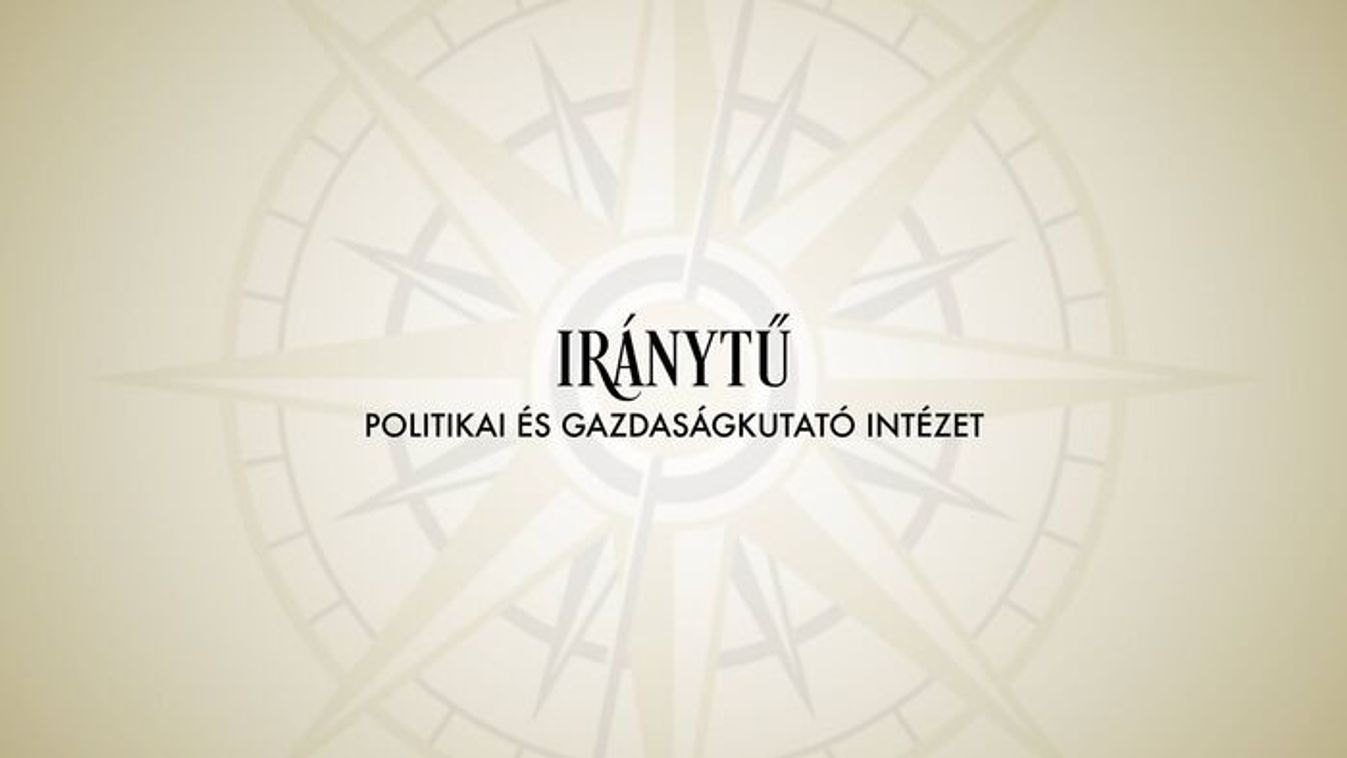„After eight years of corruption, sloth and elite protection under the Socialists, Hungary needs serious structural reforms. But the perception gap between Hungary and its international friends is growing. The government believes that the two-thirds majority it won at last year's election gives it a mandate to do whatever it wants to rebuild Hungary in its own image, and not just for its four-year term.
But outsiders fear a blurring between party and state. An overwhelming election victory, they say, is not a licence to control the independent institutions of state. Hungarian politicians, say western officials who have discussed Fidesz's reforms with them, see politics as a zero-sum game. They refuse to make even minor amendments for fear that compromise will be seen as weakness. One proposed law is causing particular concern. Next week parliament will vote on the head of the Kuria (the new name for the supreme court), and for a chief of the newly constituted National Courts Authority. Both appointments will be for nine years, which covers the next two elections.
Government supporters point out that in the US, Supreme Court judges are nominated by the president and confirmed by the Senate. They also hold their positions for life. But here the chief of the courts authority will be charged with overseeing the nomination of judges and will also have a say over which cases they oversee in court. The choice of President Pál Schmitt, a former Fidesz MEP, for the post is Tünde Handó, president of the Budapest Labour Court and the wife of a Fidesz MEP who famously wrote the new Hungarian constitution on his iPad.”









